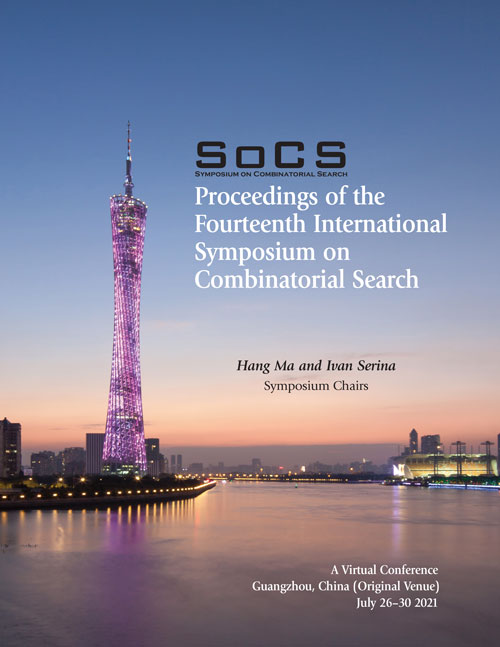Scaling Up Search with Partial Initial States in Optimization Crosswords
DOI:
https://doi.org/10.1609/socs.v12i1.18547Keywords:
Combinatorial Optimization, Combinatorial Puzzles, Constraint SearchAbstract
Heuristic search remains a leading approach to difficult combinatorial optimization problems. Search algorithms can utilize pruning based on comparing a target score with an admissible (optimistic) estimate of the best score that can be achieved from a given state. If the former is larger they prune the state. However, when the target score is too high the search can fail by exhausting the space without finding a solution. In this paper we show that such failed searches can still be valuable. Specifically, best partial solutions encountered in such failed searches can often bear a high similarity to the corresponding part of a full high-quality or even optimal solution. Thus, a new search for a full solution, with a lower target score, can start with a best known partial solution, rather than starting from scratch. We demonstrate our ideas in a constraint optimization problem modelled on the Romanian Crosswords Competition, a challenging problem where humans perform much better than computers. Utilizing partial solutions produced by a failed search cuts down the running time of an existing state-of-the-art solver by orders of magnitude on competition-level crossword puzzle instances and allows to solve more instances.Downloads
Published
2021-07-21
Issue
Section
Long Papers

